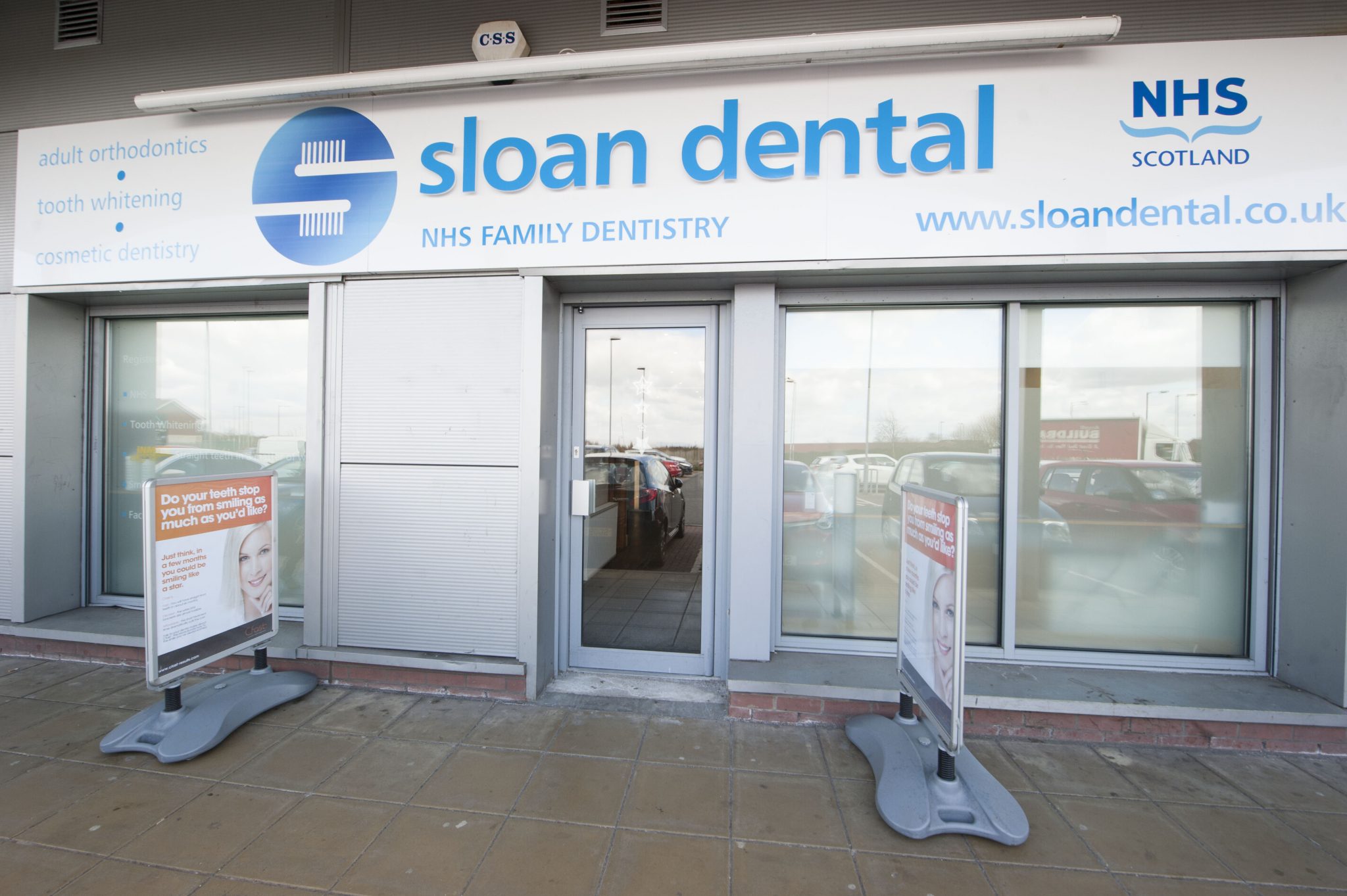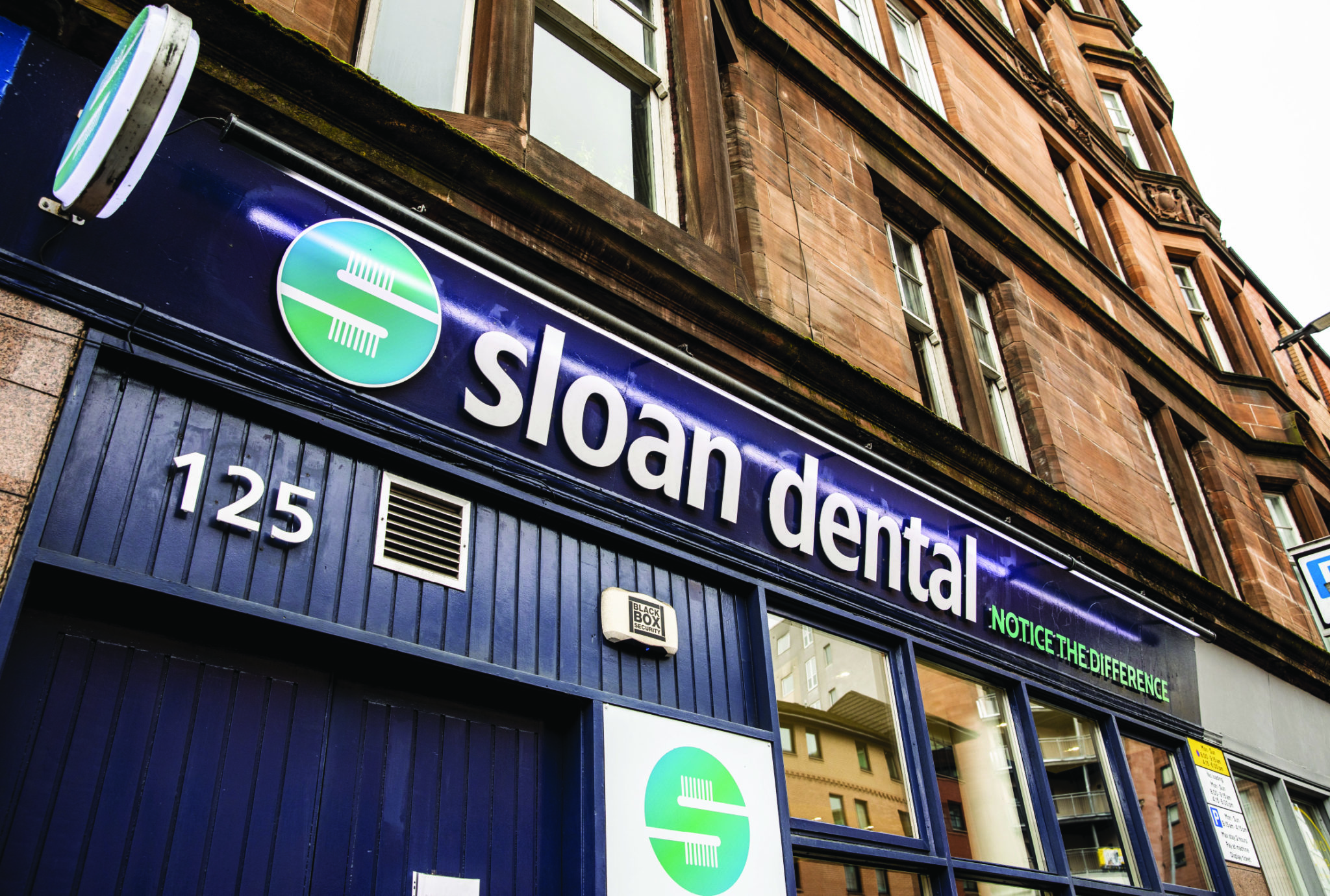UK residents enjoyed almost £12m worth of hard seltzer drinks in 2020, and the number is expected to grow further over the next few years. It’s estimated that by 2023, the UK hard seltzer market could be worth £75m.
Hard seltzer is a generic name for alcoholic and flavoured sparkling water. These drinks are typically served in cans and contain around 4.5% alcohol. They come in a range of fruity flavours and are often advertised as a low calorie and low sugar alternative to beer, wine or mixed drinks.
Most cans of hard seltzer will contain under 100 calories, making it the ideal tipple for those watching their weight. The low sugar content should also be good news for dentists, as this could replace a lot of high-sugar alternatives such as sweetened cocktails, mixers and beer.
Alcohol and oral health
Just as children need to watch their intake of sugary drinks to keep tooth decay at bay, adults also need to consider their liquid intake.
Many alcoholic drinks secretly contain high amounts of sugar, and they may also be highly acidic. Alcoholic drinks can damage the enamel and increase the risk of tooth decay.
Alcohol can also cause a dry mouth, which creates the ideal environment for oral bacteria to multiply. A dry mouth means less bacteria-neutralising saliva to protect your teeth and gums.
The safest drinks for your teeth
No alcoholic drink is considered “healthy” for your teeth. But some are less unhealthy than others. With alcoholic drinks, you need to consider the sugar content and the acidity.
Light beer offers a low sugar and low acidity choice. This is in comparison to darker beers, that will have a higher sugar content. The light shade of a light beer will also minimise the risk of dental staining.
Gin and soda is another option to consider. Gin is low in sugar and one of the lowest acidity spirits. It’s also clear, which means it won’t stain your teeth. By switching tonic water with plain soda water, you can lower the sugar content even further. Add a squeeze of fresh lime instead of lime cordial to enhance the taste. Or, better yet, try adding cucumber slices to your cocktail for a refreshing and low acidity treat.
Enjoying a plate of raw veggies and hummus alongside your drink will not only help to curb your hangover but will also protect your teeth. Raw vegetables help to neutralise the acid in your mouth by encouraging your body to produce saliva. Veggies like celery and carrots give the surface of your teeth a non-abrasive scrub.
You could also snack on a cheese plate. Cheese is loaded with calcium and phosphate, and it also helps to neutralise the acid in your mouth. A sharp cheese will also boost saliva production.
Is hard seltzer bad for your teeth?
This depends on the brand of seltzer, how many you consume, and how you drink them. There has been some concern that these drinks could be quietly damaging your teeth. Sparkling water is more acidic than still water, so some health professionals have advised against drinking sparkling water regularly. But research has shown that sparkling water does not damage the teeth any more than still water.
The concern with hard seltzer is not the sparkling water, but the source of sweetness and flavouring. Any drink sweetened with sugar is bad for your teeth. And natural fruit juice flavourings will increase the acidity of the drink. Since hard seltzer often contains alcohol (sugar) and natural flavourings (high acidity) there is the risk that excessive consumption could damage your oral health.
Do I need to be worried?
Enjoying one or two drinks at the weekend is unlikely to present a huge problem. If you drink them more regularly and are worried about your oral health, it might be time for a checkup. Your dentist will be able to tell you if your tooth enamel is weakened or eroding, giving you time to adjust your habits before any permanent damage is done.



